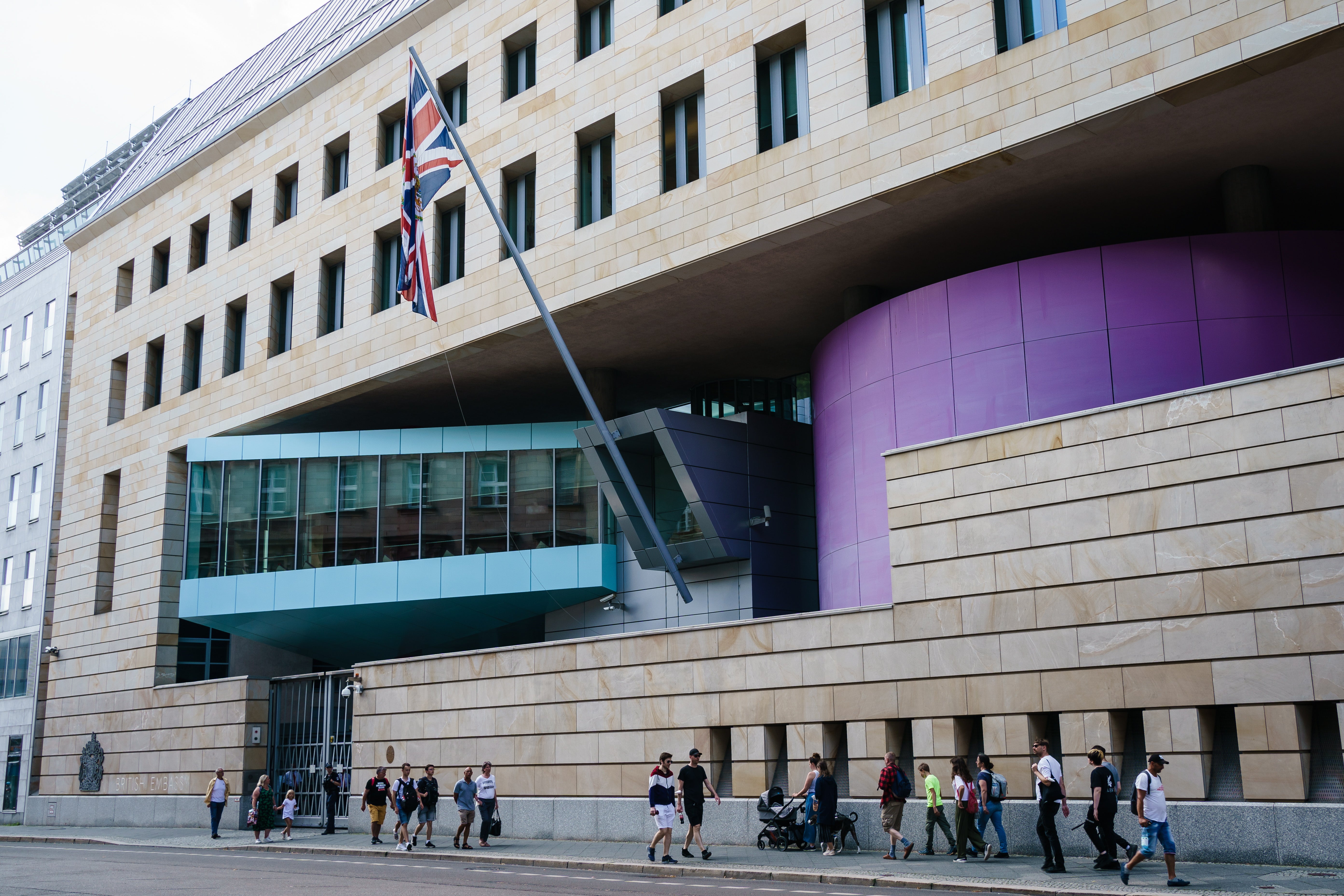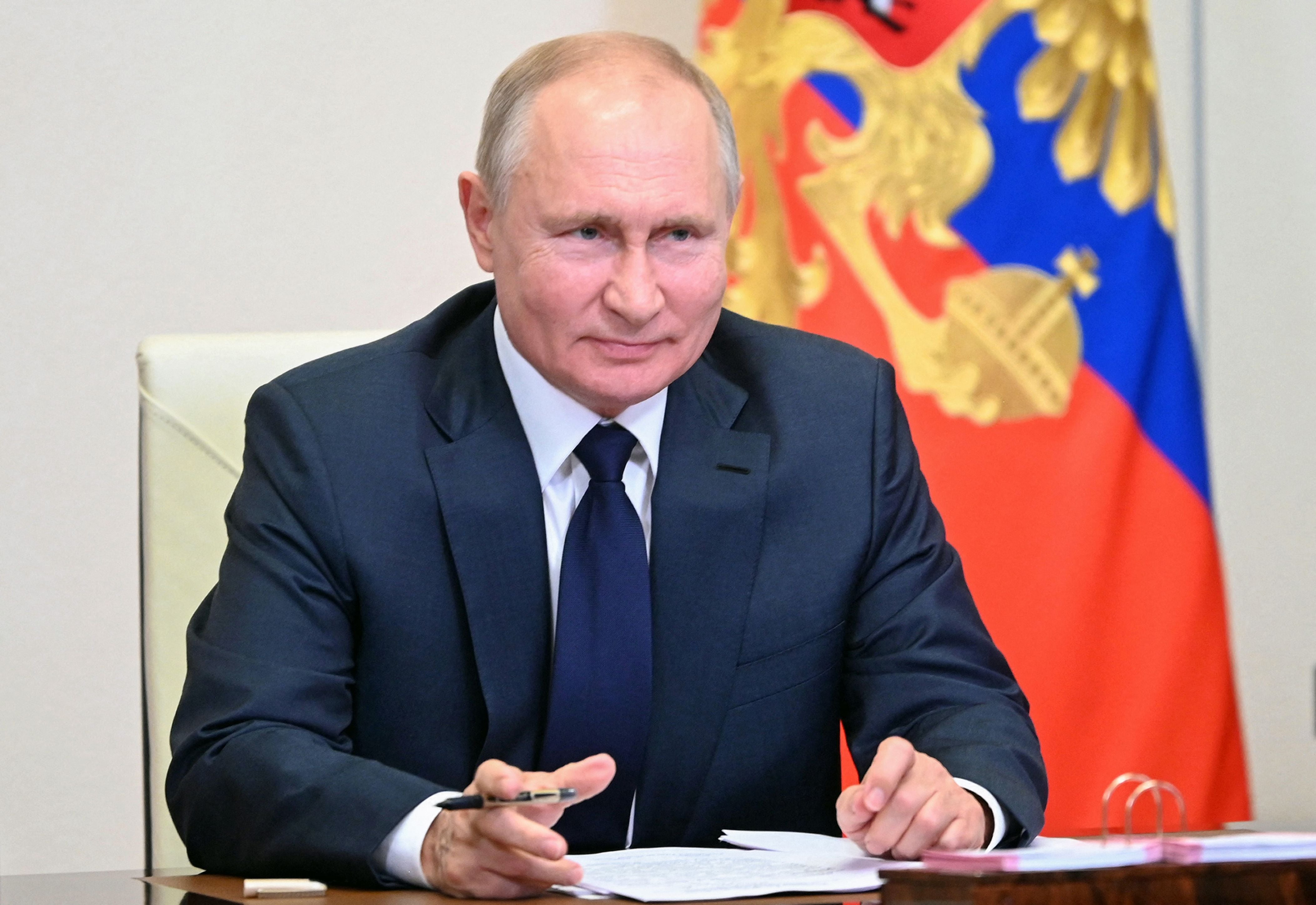David Smith: Kremlin outwits the west with use of traditional spycraft
The arrest of a Russian spy in a UK embassy has shown the continued importance of more traditional modes of spycraft for the Kremlin, writes Oliver Carroll in Moscow


Your support helps us to tell the story
From reproductive rights to climate change to Big Tech, The Independent is on the ground when the story is developing. Whether it's investigating the financials of Elon Musk's pro-Trump PAC or producing our latest documentary, 'The A Word', which shines a light on the American women fighting for reproductive rights, we know how important it is to parse out the facts from the messaging.
At such a critical moment in US history, we need reporters on the ground. Your donation allows us to keep sending journalists to speak to both sides of the story.
The Independent is trusted by Americans across the entire political spectrum. And unlike many other quality news outlets, we choose not to lock Americans out of our reporting and analysis with paywalls. We believe quality journalism should be available to everyone, paid for by those who can afford it.
Your support makes all the difference.The arrest of a Russian spy in Berlin’s UK embassy has provoked furious questions about British vetting procedures and the ambitions of the Kremlin’s secret operations overseas.
In recent years, polonium, Novichok and hacking have dominated western headlines. But this episode appears to demonstrate the continued importance of more traditional modes of spycraft – namely, human intelligence.
Every nation tries to persuade insiders to work for the other side. Some do it with more success than others. For former spy handler Vladimir Putin, it’s a particularly personal business. He has invested significant resources building and re-building spy networks.

The fact that the Kremlin was able to install a mole inside an embassy represents considerable success for his resurgent operations.
As a local-hire security guard, the alleged spy is unlikely to have had access to highly sensitive documents. But he will have had access to lists of privileged entry and security protocols. Telephone numbers. He will have seen the comings and goings of embassy life.
From there, it would not have been too difficult to work out which of the diplomats and occasional visitors are working undercover as spooks.
“With recruits, you’re always looking at a jigsaw puzzle,” says the intelligence expert Philip Ingram. “A hundred tiny pieces are often as good as five big pieces. A position like embassy security guard is actually very useful.”
Ingram, who previously coordinated for British military intelligence in Germany, says the development isn’t all bad news for UK national security.
He drew attention to a statement made by Metropolitan Police Commissioner Cressida Dick that suggested British secret services had been watching the man for many months. That, Ingram says, likely produced serious information about interactions with Russian intelligence – and may well lead to more arrests.
“When I was running counterintelligence operations, I always wanted to see if we could let a situation run,” Ingram says. “The longer you let it run, the more control you get, the more links you discover, and the more likely you can turn it round to your advantage.”
A hundred tiny pieces are often as good as five big pieces. A position like embassy security guard is actually very useful
In Russia, western counterintelligence is facing an increasingly committed adversary. Starting after a humiliating defeat in the Cold War, which saw many leading officers defect or sell information to the highest bidder, Moscow’s security chiefs are hungry for retribution.
As far as the head of German domestic intelligence is concerned, Russian espionage in Europe is already back at the level it was during the Cold War. Vasco Da Cruz Amador, a former Portuguese national intelligence commander, suggests that presence is only going to increase.
“The focus is on compromising political leaders, getting access to research and development centres and collecting and gathering information regarding cyber and digital disciplines,” he says.
With little love lost between Moscow and London, Britain remains a particularly high-priority target for Russian intelligence activity.
In 2007, a few months after double agent Alexander Litvinenko was murdered, Russia’s then-security chief Nikolai Patrushev singled out the UK for “nurturing plans aimed at destabilising Russia”.
A flurry of suspicious murders, all strangely under-investigated by the UK, followed. Then, in 2018, came the Skripals, the doorknob, the Bow bedsit, the tragicomic alibis of Petrov, Boshirov and Salisbury cathedral’s 123m spire.
People are complicated, and there are always opportunities to find spies - people who hate the West or have some other personal need like money, revenge
It isn’t difficult to imagine the motives that drove two Russian operatives to serve the Kremlin, promoted from rural obscurity to a privileged “patriotic class”. It is much harder to understand why a British national might decide to work for the same side in 2021.
John Sipher, who used to run CIA Russian operations, suggests Kremlin recruitment was more effective when it had communism behind it – especially during the 1930s and 1940s when it was seen as a counterbalance to Nazism. Today, intelligence officers carry the “extra burden” of recruiting for a regime “widely understood as corrupt”.
That doesn’t mean Russian intelligence is finding it impossible to build sources today, he says: "People are complicated, and there are always opportunities to find spies – people who hate the west or have some other personal need like money, revenge against their bosses or even blackmail."
Photos of the alleged spy’s flat certainly suggest a fascination with Russia and pro-Russian military regalia. Cash payments also appear to have played a role. But intelligence expert Ingram says it is likely handlers would have tried to tickle another sensibility: the buzz of a double life.
“It’s amazing how many people find this thing exciting," he says. "They think they’re James Bond.”
Join our commenting forum
Join thought-provoking conversations, follow other Independent readers and see their replies
0Comments